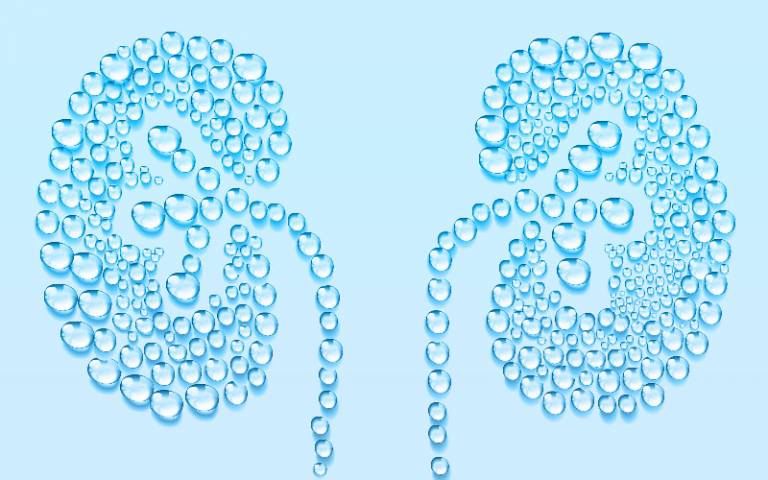Nature's water purifier
Learning from nature to tackle water supply issues.

14 February 2020
Access to clean drinking water is amongst the most pressing issues facing the world’s population. Over a third of people live in countries with scarce water resources, a figure which is predicted to increase to two thirds by 2025.
Conventionally, water treatment occurs within a number of stages which incorporate the use of additives such as flocculants.
Membrane technologies are an attractive alternative as they use a semipermeable barrier which selectively removes contaminants without the use of any chemical additives at a comparably lower energy input. Membranes are capable of working at multiple scales, from removing viruses and bacteria right down to dissolved salt from water.
However, they are susceptible to the “dirtying” of the membrane surface through the adsorption of the rejected solutes. This process is known as the fouling of the membrane, which reduces its performance and lifespan. To increase its commercial applicability, the problem of fouling needs to addressed.
One place to find inspiration to solve this problem is nature. Subjected to the same problems, nature has evolved over the eons to make efficient use of scarce resources. Here in the Centre for Nature Inspired Engineering, nature is our greatest ally in tackling engineering problems.
This project uses inspiration from the kidney, a remarkable organ which produces over four million litres of effectively protein free urine over a lifetime without any significant fouling.
Through a systematic approach, this research aims to uncover the fundamental mechanisms underlying the desirable traits to transfer this into a synthetic membrane for use in water purification and bio-separations. This is currently being realised through the modification and functionalisation of different polymeric and ceramic membranes.
This is just one way that UCL Chemical Engineering can use nature to change the world.
 Close
Close

